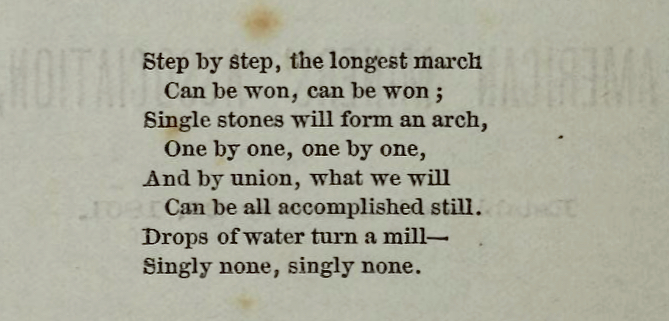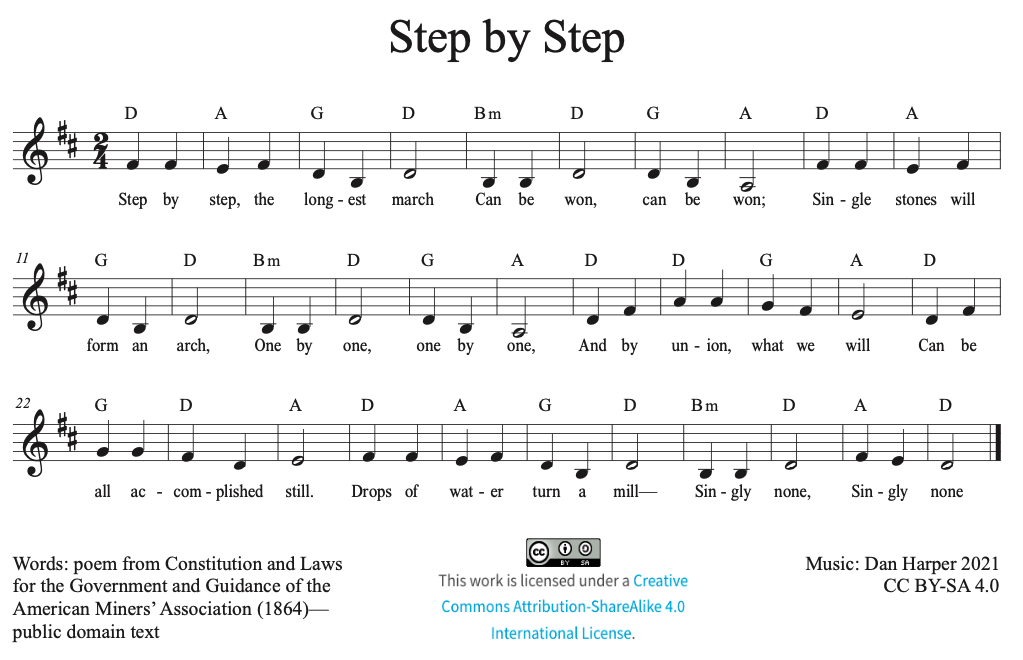I recently finished reading Howard Zinn’s memoir You Can’t Be Neutral on a Moving Train. In the chapter “Growing Up Class Conscious,” Zinn talks about going to his first political demonstration in Times Square, New York City, when he was in his late teens:
“In the midst of the crowd, banners were unfurled, and people, perhaps a thousand or more, formed into lines carrying banners and signs and chanting slogans about peace and justice and a dozen other causes of the day. I was exciting. And non-threatening….”
Except that expressing such political ideas was not exactly non-threatening to the powers-that-be:
“We heard the sound of sirens and I thought there must be a fire somewhere, and accident of some kind. But then I heard screams and saw hundreds of policemen, mounted on horses and on foot, charging into the lines of marchers, smashing people with their clubs. I was astonished, bewildered. This was America, a country where, whatever its faults, people could speak, write, assemble, demonstrate without fear.”
Zinn quickly learned that the freedom to assemble and demonstrate without fear is not actually a right for working class whites:
“As I absorbed all this, as my thoughts raced, all in a few seconds, I was spun around by a very large man, who seized my shoulder and hit me very hard. I only saw him as a blur. I didn’t know if it was a club or a fist or a blackjack, but I was knocked unconscious.”
This was a key moment in Zinn’s political awakening:
“Those young Communist on the block [where Zinn lived] were right! The state and its police were not neutral referees in a society of contending interests. They were on the side of the rich and powerful.”
U.S. Communists were wrong about a number of things, including the Soviet Union, but they were absolutely right about the police and the state. No wonder Communism was made functionally illegal in the U.S. during the 1950s, just a few years after Zinn’s political awakening.
We’re seeing this play out in Congress right now. The people who stormed the Capitol on January 6 did so at the behest of the rich and powerful. The Democrats in the House of Representatives have proposed a bipartisan inquiry into the storming of the Capitol, but the majority of Republicans in the House voted against it. (Not that I trust the Democrats to institute an objective inquiry — they too are the rich and powerful, and their goal is mostly to score political points off their equally rich and powerful rivals.) My liberal and progressive friends like to say: if the people who stormed the Capitol had been black, they would have been stopped pretty quickly. But it’s equally true that if the people who stormed the Capitol had been working class whites, or homeless people, or Communists, they would have been stopped just as quickly.
If you’re an upper middle class white person — these days, that means a white person with a college degree — you probably don’t have worry about police. But three quarters of white people in the U.S. are not upper middle class. True, they don’t have to worry about policing in the same way as non-white people — but as Howard Zinn discovered in the late 1940s, the police are most definitely not on their side.
One final, obvious, point: the problem does not lie with individual police officers. The police officers I’ve know, and know, are courageous, kind, and dedicated public servants. The rich and powerful would love for us to believe that the problem can be solved by disciplining individual police officers. But the problem can only be solved when the state no longer protects the rich and powerful at the expense of non-white and working class people.


